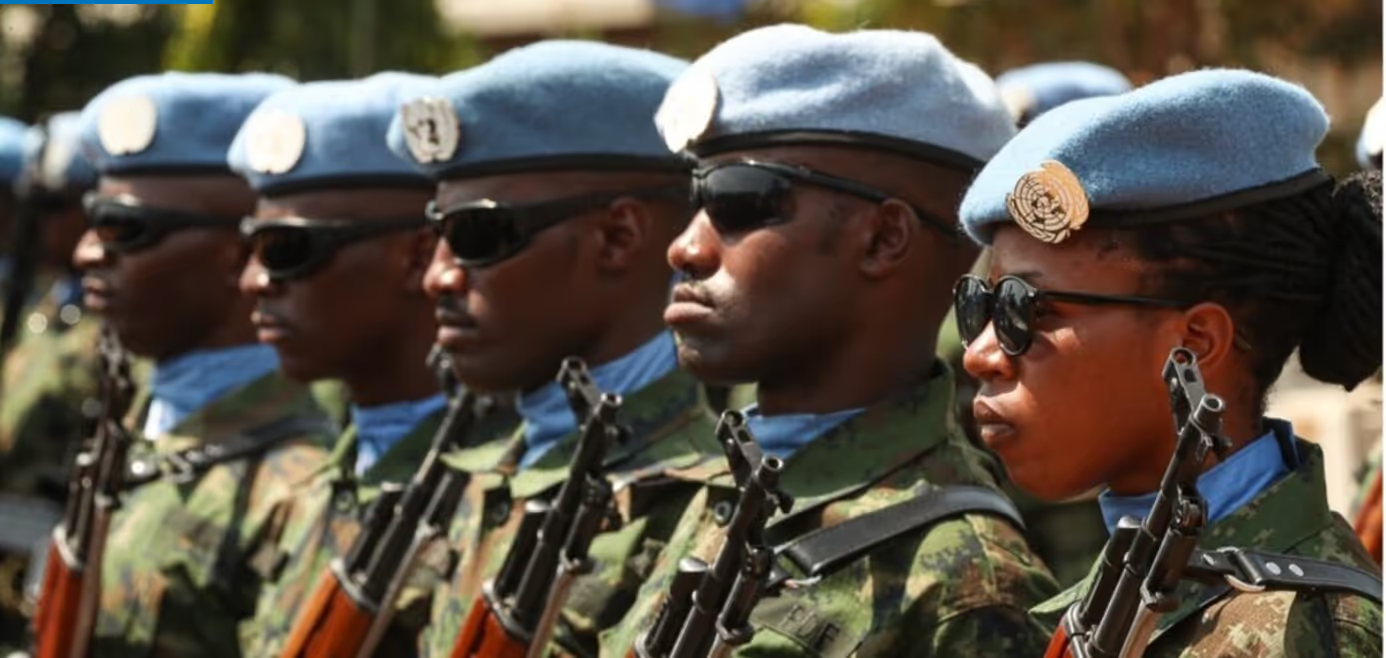How the Network for Uniformed Women Peacekeepers is helping the UN support women peacekeepers

October 16, 2024
The Network for Uniformed Women Peacekeepers is dedicated to increasing female participation in UN peacekeeping operations, where women currently represent less than 10% of uniformed personnel. The initiative fosters a supportive community for women, enabling them to share experiences and advocate for improved working conditions. This effort is part of a broader commitment to gender parity, which is recognized as essential for mission effectiveness and community engagement.
Achieving gender balance is not only a matter of rights but also crucial for improving relationships between peacekeepers and local communities. Women in peacekeeping can provide unique perspectives and approaches, enhancing the overall effectiveness of missions. The presence of female peacekeepers has been shown to positively impact how communities perceive and interact with peacekeeping forces.
Leadership within missions is beginning to emphasize the importance of gender-responsive strategies. Lieutenant General Mohan Subramanian, Force Commander of UNMISS, has called for a greater focus on creating environments where women can thrive. Feedback from female peacekeepers has led to policy changes that address specific challenges, such as providing private facilities for women during operations, highlighting the necessity of supportive policies in the field.
The Network also aims to empower women leaders who can implement policies that benefit all female personnel. By focusing on leadership development among women, the initiative seeks to create a more inclusive environment in peacekeeping operations. This leadership approach is vital for addressing the unique challenges faced by women and improving mission performance.
Situated within the UN's "Action for Peacekeeping" agenda, the Network underscores the necessity of women's full participation in peace processes. By advancing the role of women in peacekeeping, the UN aspires to enhance operational effectiveness and foster sustainable peace in conflict-affected areas. The initiative represents a significant step toward transforming peacekeeping into a more inclusive and effective endeavor.
To read the full story, see here

October 16, 2024
How the Network for Uniformed Women Peacekeepers is helping the UN support women peacekeepers

October 16, 2024
The Network for Uniformed Women Peacekeepers is dedicated to increasing female participation in UN peacekeeping operations, where women currently represent less than 10% of uniformed personnel. The initiative fosters a supportive community for women, enabling them to share experiences and advocate for improved working conditions. This effort is part of a broader commitment to gender parity, which is recognized as essential for mission effectiveness and community engagement.
Achieving gender balance is not only a matter of rights but also crucial for improving relationships between peacekeepers and local communities. Women in peacekeeping can provide unique perspectives and approaches, enhancing the overall effectiveness of missions. The presence of female peacekeepers has been shown to positively impact how communities perceive and interact with peacekeeping forces.
Leadership within missions is beginning to emphasize the importance of gender-responsive strategies. Lieutenant General Mohan Subramanian, Force Commander of UNMISS, has called for a greater focus on creating environments where women can thrive. Feedback from female peacekeepers has led to policy changes that address specific challenges, such as providing private facilities for women during operations, highlighting the necessity of supportive policies in the field.
The Network also aims to empower women leaders who can implement policies that benefit all female personnel. By focusing on leadership development among women, the initiative seeks to create a more inclusive environment in peacekeeping operations. This leadership approach is vital for addressing the unique challenges faced by women and improving mission performance.
Situated within the UN's "Action for Peacekeeping" agenda, the Network underscores the necessity of women's full participation in peace processes. By advancing the role of women in peacekeeping, the UN aspires to enhance operational effectiveness and foster sustainable peace in conflict-affected areas. The initiative represents a significant step toward transforming peacekeeping into a more inclusive and effective endeavor.
To read the full story, see here




